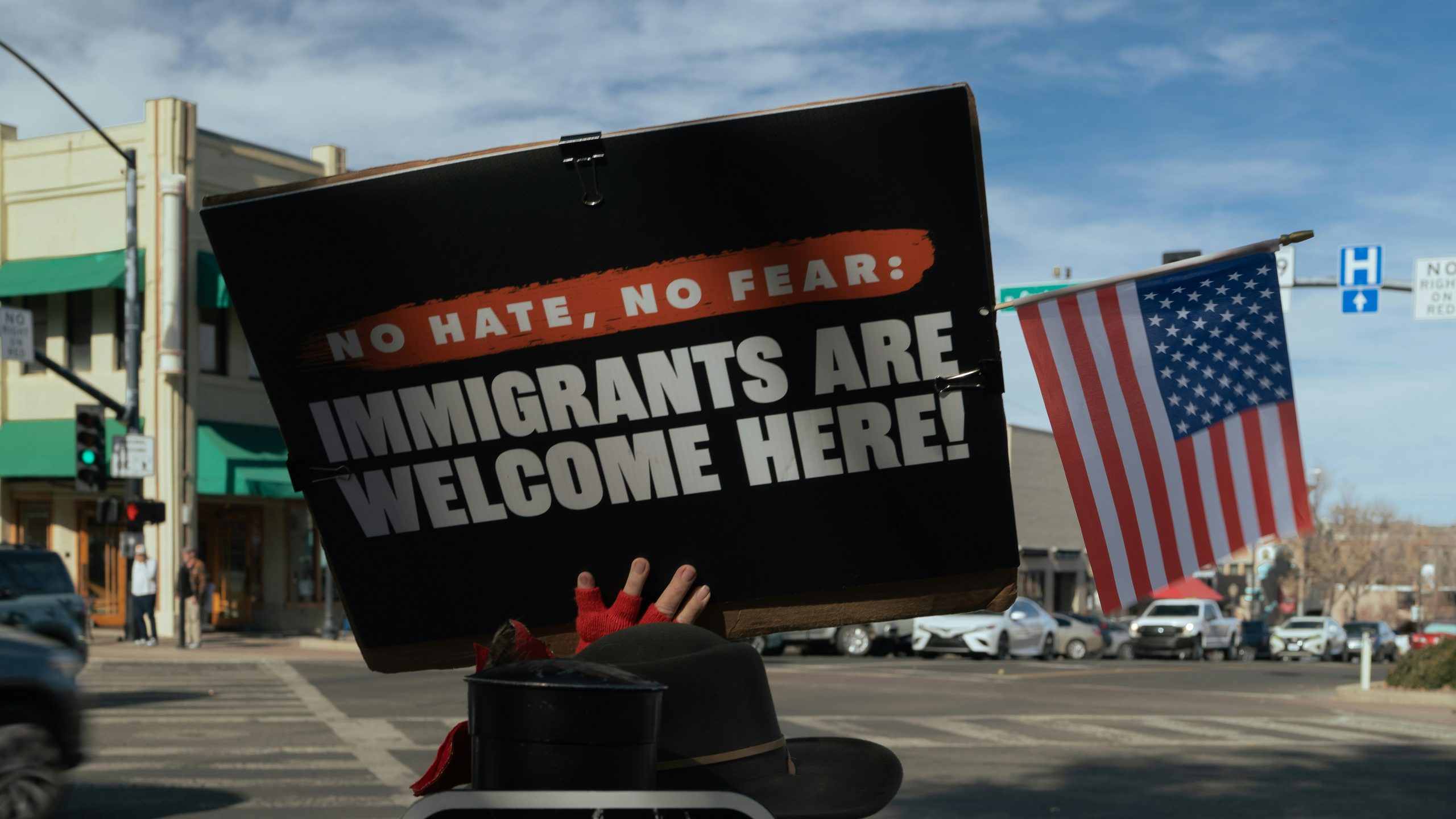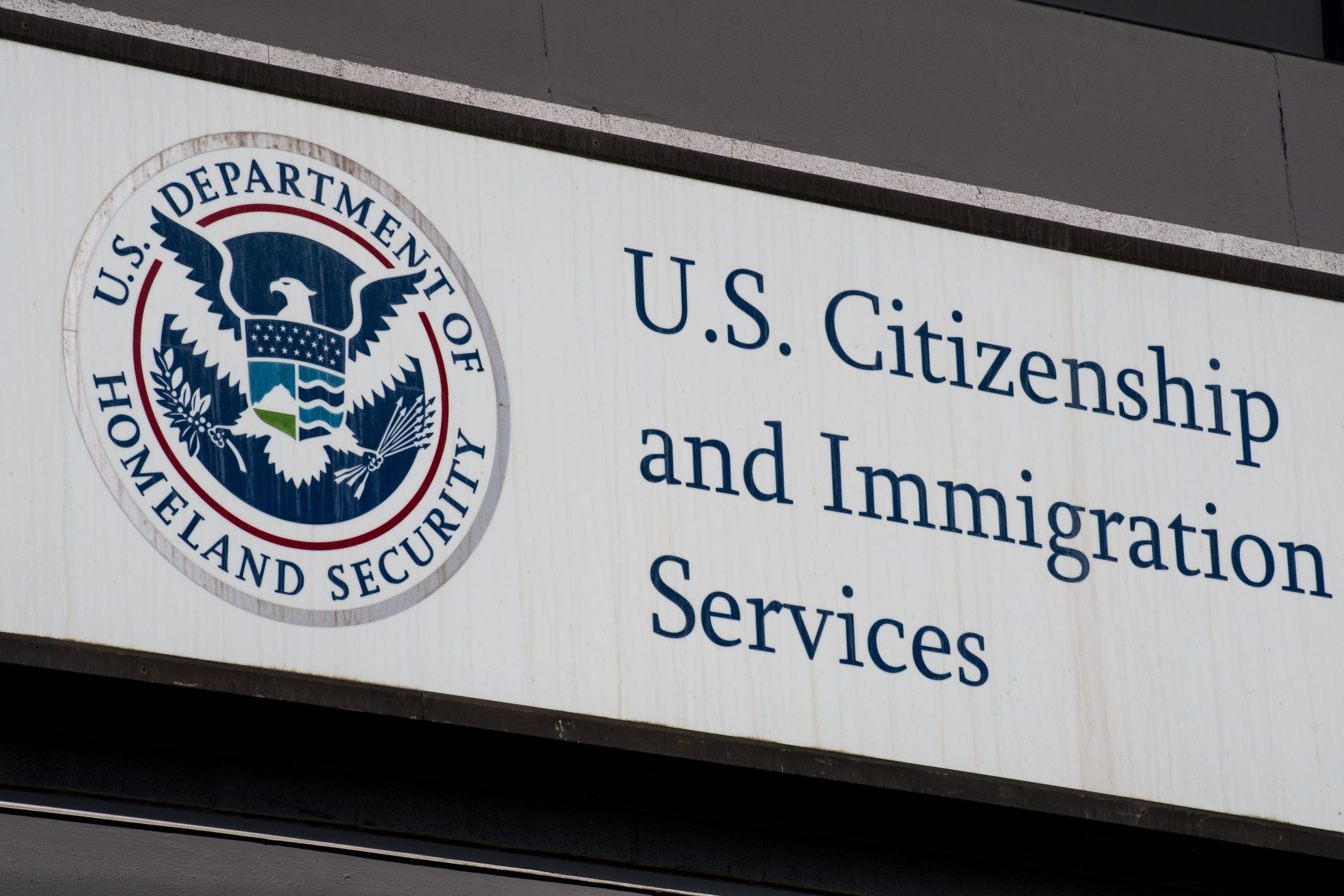Investors Escalate Pressure on Companies to Adopt Paid Sick Leave Policies
NEW YORK, NY, TUESDAY, JANUARY 25TH, 2022 – As the economy begins to emerge from the deepest impacts of the pandemic, investors are engaging their portfolio companies around the growing reputational, financial, and regulatory impacts associated with the lack of a comprehensive paid sick leave (PSL) benefit for all employees.
Today, a group of investors and their representatives coordinated by the Interfaith Center on Corporate Responsibility (ICCR) has published a letter sent to over 40 companies making the business case for a permanent PSL benefit for all workers. A subset of the investor group also filed related shareholder proposals at four of these companies.
The letter was signed by 150 institutional investors and their representatives that collectively represent US$3.6T in assets. While the companies represent a range of sectors, there is an emphasis on retail and restaurant companies where frontline workers are most exposed to the public and, by extension, potential illness.
Shareholder proposals were filed at CVS ($CVS), Kroger ($KR), Target ($TGT), and TJX ($TJX) asking the companies to adopt and publicly disclose a policy that all employees, part- and full-time, accrue some amount of PSL that can be used after working at the company for a reasonable probationary period. This policy should not expire after a set time or depend upon the existence of a global pandemic.
More than 26 million people working in the private sector have no access to paid sick days, and millions more cannot earn and use paid sick time to care for a sick child or family member, leaving working people in the United States facing an impossible choice when they are sick: stay home and risk their economic stability or go to work and risk their/the public’s health.
Seven in ten of the lowest-wage workers do not have paid sick days to care for their own health. Black, Indigenous, and people of color (BIPOC) workers, low-wage, part-time, immigrant, and service-industry workers are especially unlikely to have access to paid sick days. Disparities in access to paid sick days disproportionately expose Latinx and Black workers to an increased risk of illness. Nearly half (48 percent) of Latinx workers and more than one-third (36 percent) of Black workers report having no paid time away from work of any kind.
While women overall are about as likely as men to have paid sick days, low levels of coverage disproportionately affect mothers because they are more likely than fathers to miss work to take care of sick children. Further, workers who interact the most with the public, frontline workers, are often the least likely to have paid sick days, leading to greater exposure and risk.
“As the COVID-19 pandemic has shown, PSL is a crucial contributor to public health, allowing workers who have been exposed to any illness to quarantine,” said Kate Monahan of Trillium Asset Management. “State and local PSL mandates have been shown to reduce the rate at which employees report to work ill in low-wage industries where employers do not tend to provide PSL, lowering disease and overall absence rates. Where those mandates don’t exist, we are asking companies to proactively adopt permanent PSL policies.”
While many companies supported paid leave for quarantine and confirmed illness, free COVID testing, and access to additional healthcare services during the pandemic, it is unclear whether these policies have become permanent. Investors say they require more transparency on companies’ PSL policies to better understand how they are managing this human capital management issue via enhanced disclosures.
Emily DeMasi of EOS at Federated Hermes said, “We have found through engagement that companies that offered paid sick leave, workplace flexibility, and other expanded benefits like childcare support were able to retain staff during the pandemic in which an estimated 2.5 million women left the U.S. workforce. We view the availability of paid sick leave for all workers to be a basic tenet of good human capital management. Investors require more transparency from companies to understand which are leading and which are lagging in employee retention for this potentially material long-term value driver.”
The signatories say PSL is also becoming a must-have recruiting tool for competitiveness in a tightening labor market. Preliminary statistics from the Bureau of Labor Statistics found the retail sector has the second-highest rate of “quit levels” with a loss of 649,000 employees in April 2021 alone.
“Even before the Covid-19 pandemic, guaranteeing paid sick leave benefits had become a best practice of companies nationwide and around the world,”said Rhode Island General Treasurer Seth Magaziner. “Paid sick leave benefits everyone – workers as well as employers, customers, and investors. I’m proud to have championed Rhode Island’s Paid Sick Leave law that passed in 2018 and I implore these companies to adopt comprehensive and common-sense paid sick leave benefits that will help our economy recover faster as well as provide greater economic resiliency in the future.”
CONTACT:
Susana McDermott
Director of Communications
Interfaith Center on Corporate Responsibility
201-417-9060 (mobile)
smcdermott@iccr.org
About the Interfaith Center on Corporate Responsibility (ICCR)
Celebrating its 51st year, ICCR is the pioneer coalition of shareholder advocates who view the management of their investments as a catalyst for social change. Its 300-member organizations comprise faith communities, socially responsible asset managers, unions, pensions, NGOs, and other socially responsible investors with combined assets of over $4 trillion. ICCR members engage hundreds of corporations annually to foster greater corporate accountability. Visit our website www.iccr.org and follow us on Twitter, LinkedIn, and Facebook.










